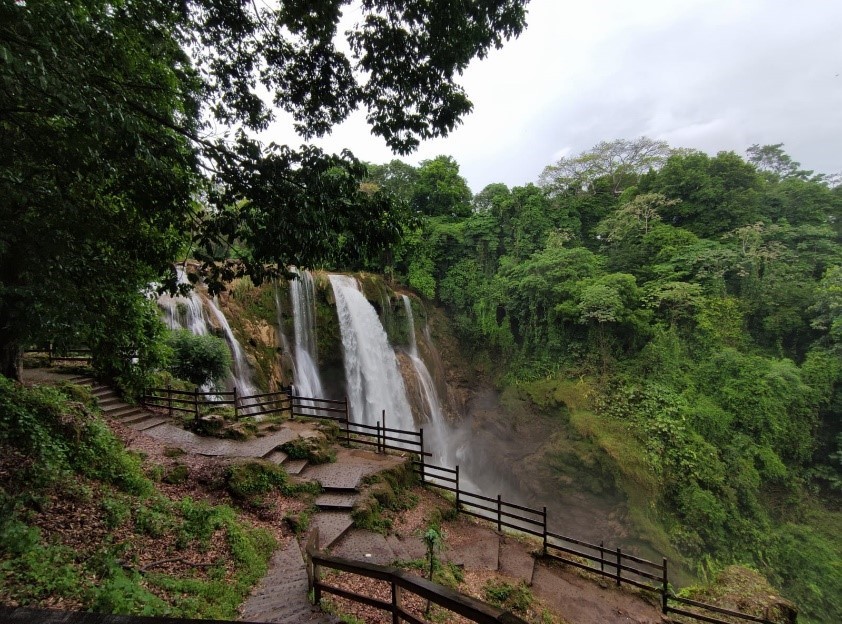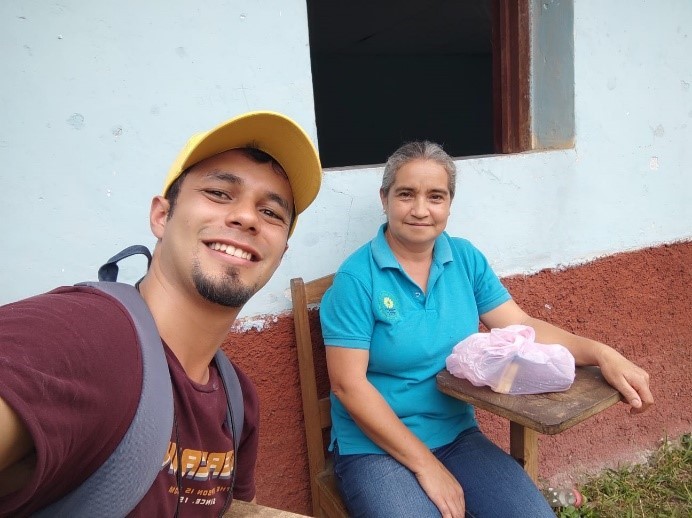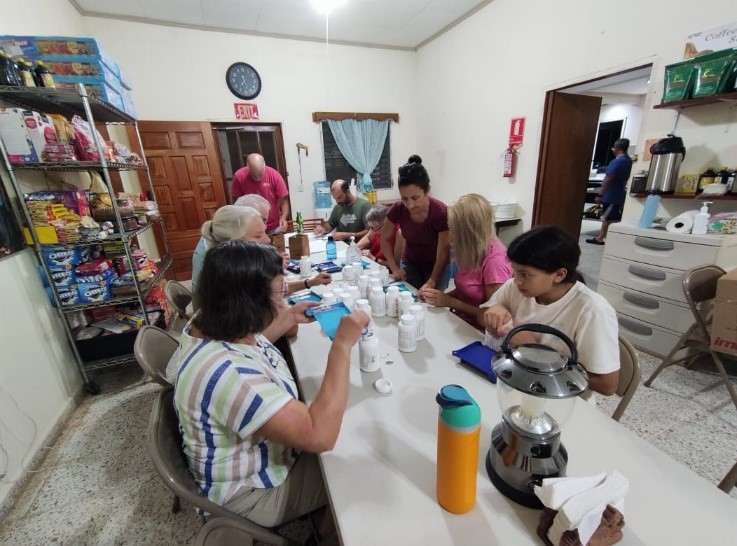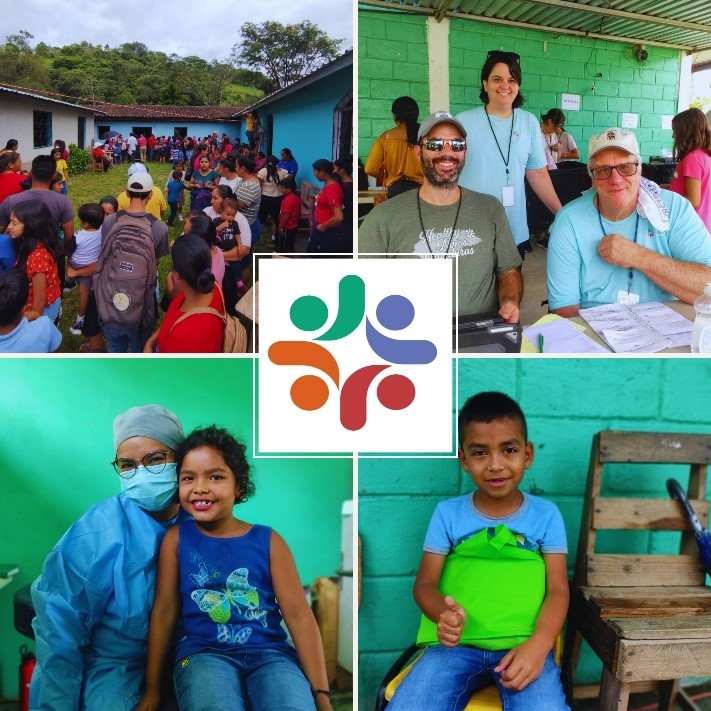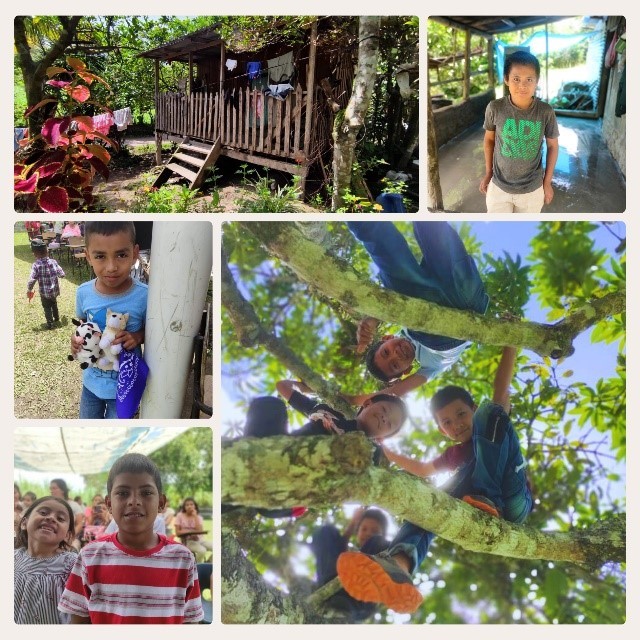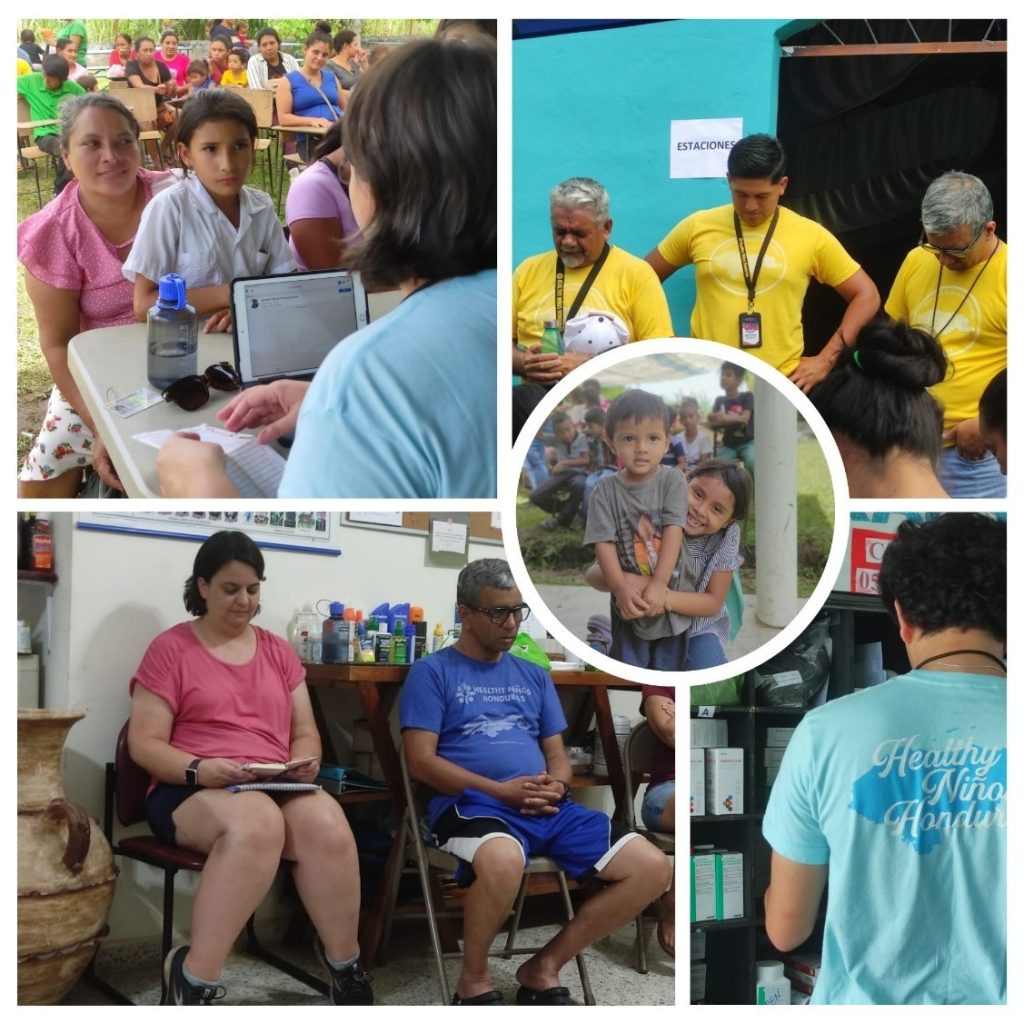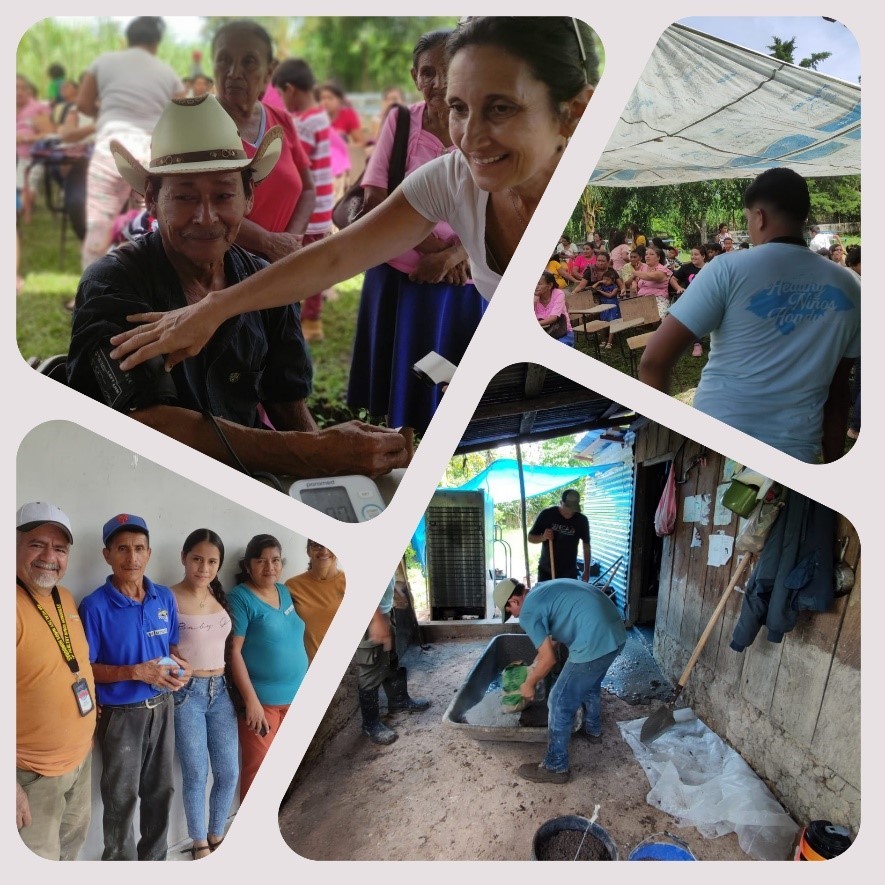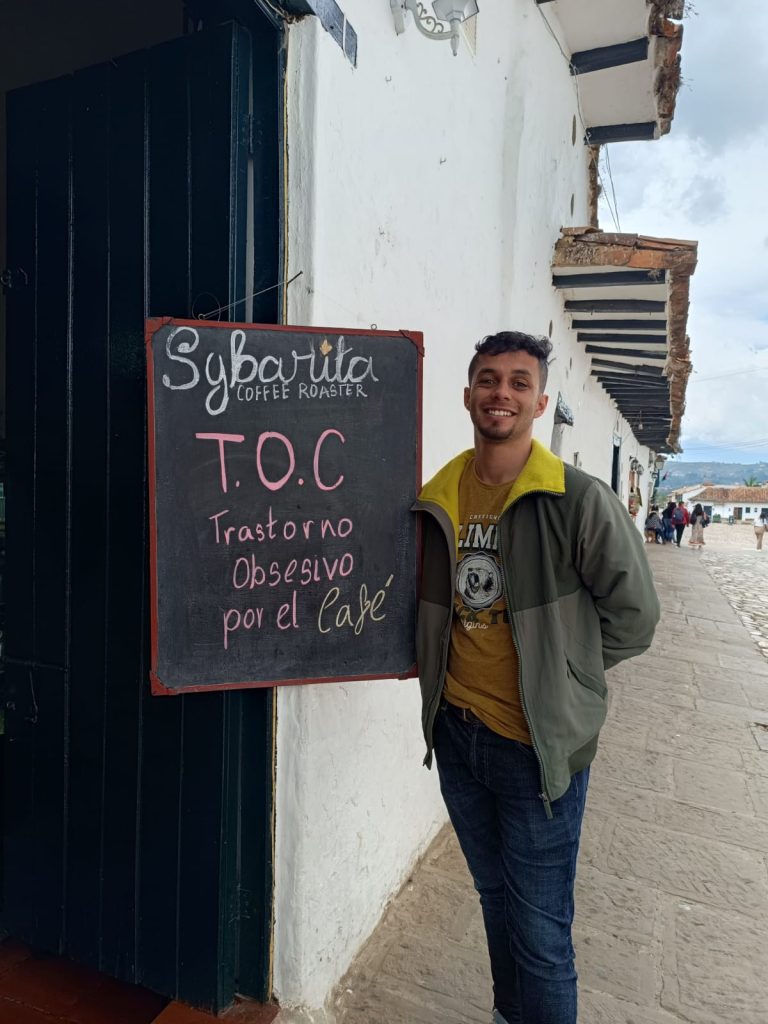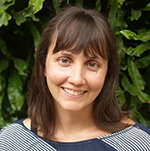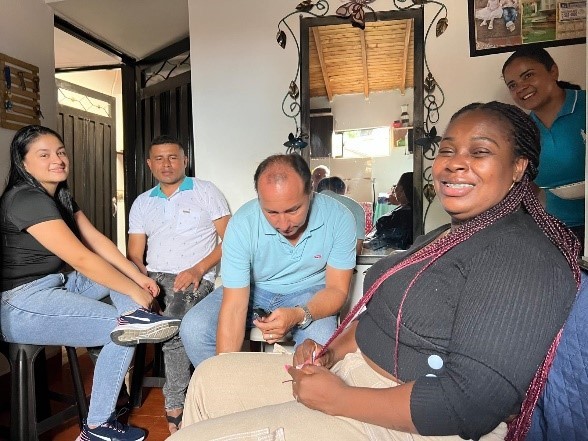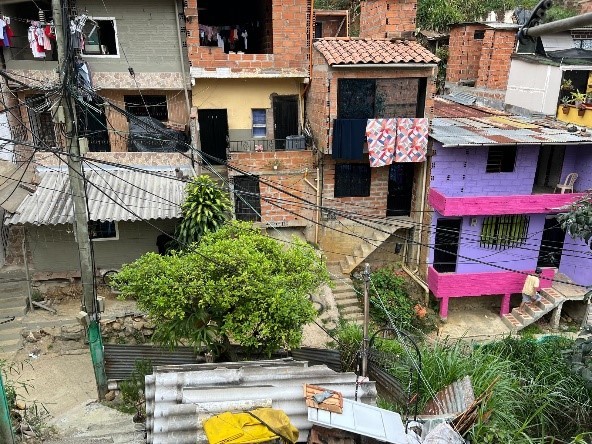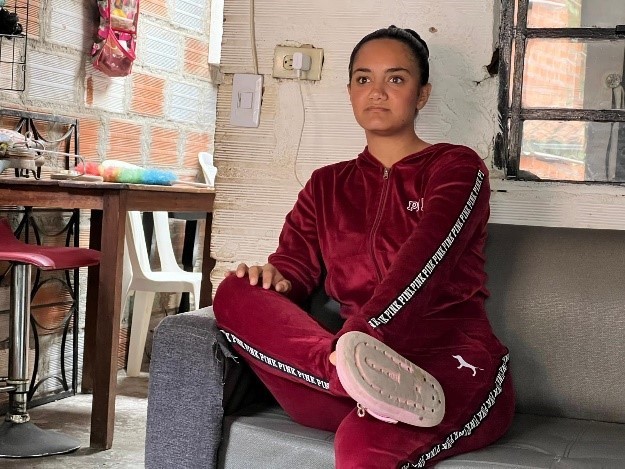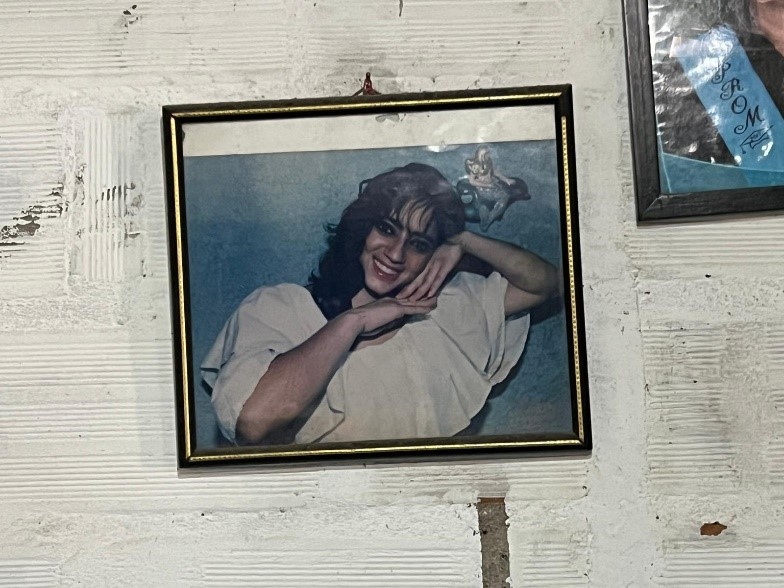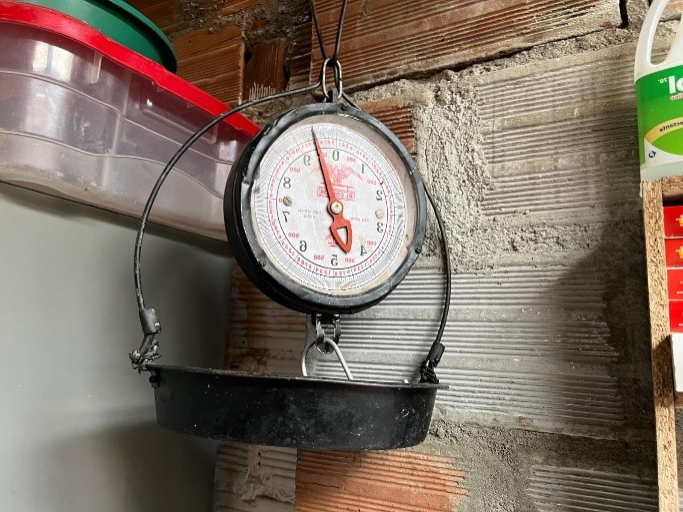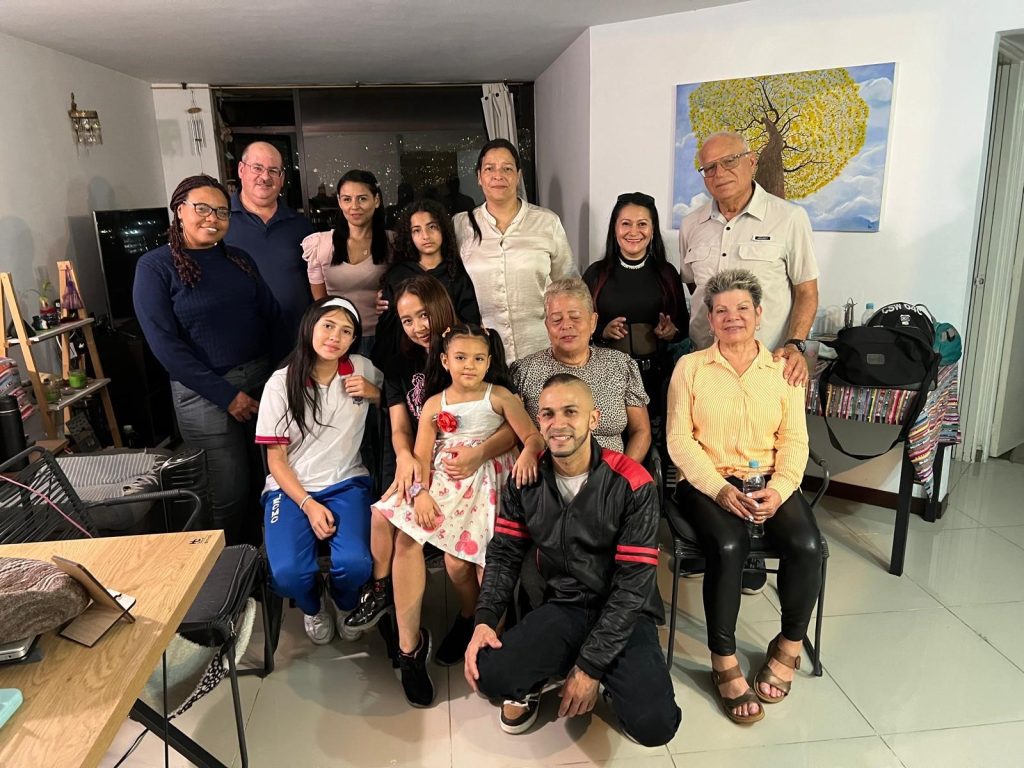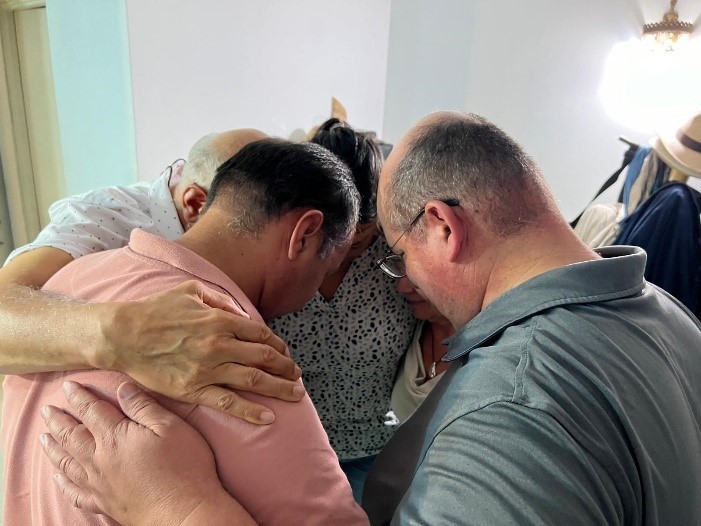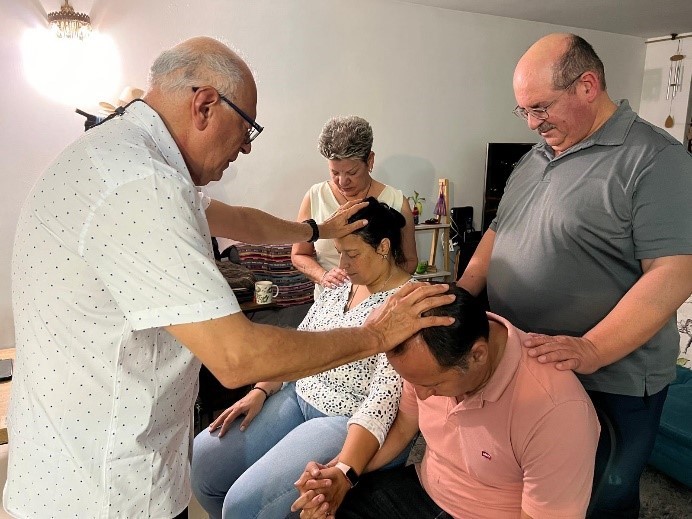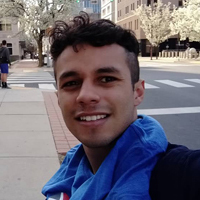by Javier Márquez
Between February 5 and 12, 2025, Medellín was the scene of a historic meeting that marked a new chapter in this process of transformation and movement that we are experiencing in the Mosaic Conference. A team of seven people from different countries—the United States, Brazil, Puerto Rico, and Colombia—traveled to the Colombian city to meet with pastors and leaders of Christian communities in Colombia, especially from the Anabaptist Community of Medellín, Resplandece Mennonite Church (Pembroke Pines, FL, Barranquilla, Colombia, and hybrid)—ministries that are part of the Conference—and the Shalom Anabaptist Christian Church of Cartagena. The purpose of the meeting was twofold: to strengthen ties between the communities and to witness the pastoral licensing of Manuel García and Carlos Sánchez as new pastors within Mosaic Conference.

“The Colombian churches and leaders have been involved in God’s mission for a long time, Mosaic Conference noticed it, called them, and is walking with them,” reflected Leadership Minister Marco Güete. “The meeting in Medellín was an awakening guided by the Spirit of God.” From the beginning, the atmosphere was marked by fellowship, reflection, and the desire to share.
“I discovered that God has a plan for each of these leaders and that they are ready to walk with Mosaic,” reflected Sandra Guëte. This feeling of walking together with mutual support was reflected throughout the visit.

The culminating moment was the pastoral licensing ceremony. Manuel García, pastor of Resplandece Mennonite, shared his emotion upon receiving his acceptance into Mosaic Conference: “The day I received the message that I was accepted to be licensed was unforgettable. I hugged my wife and cried with happiness. My mind traveled through the memories, the processes and the experiences that God allowed me to live until that moment.”
Likewise, Carlos Sánchez, pastor of the Anabaptist Community of Medellín, expressed, “Being part of Mosaico as a credentialed pastor and baptizing a small group of new brothers and sisters in the faith is an achievement for my life. It is one more step that God has affirmed in his mercy.”
In addition to these moments of joy and emotion, there was a space for community reflection led first by Ismael Conchacala Gil, a Wiwa indigenous Christian leader from the Sierra Nevada de Santa Marta, and then by Nidia Montoya, leader of the Anabaptist Community of Medellín. First, Conchacala shared a message about Luke 18 and, later, Montoya guided us in an exercise of expressing our feelings about these relationships that were emerging. In this context, the group “Walking with Mosaico” was born, which brings together Colombian pastors and leaders.

The cultural exchange was one of the most significant riches of this meeting. “The trip gave us the opportunity to connect and learn from each other while we traveled to different places in Colombia. We enjoyed delicious meals, drank good coffee, and had meaningful conversations and moments of communion. We got to know each other better,” said Mosaic Conference Leadership Minister for Mission Noel Santiago. The visits to the homes of the members of the Medellín community, the touristic activities, and the fellowship further enriched the meeting.
Sister Keila Barrero, who was accompanied by her husband Santiago Góngora, also shared about the experience lived during this meeting: “The opportunity to share with the pastors and leaders of Mosaico in various settings made this a valuable and enriching time. In addition, the welcome and attention provided made this experience a significant memory for us as a family.” These words reflect the sense of community and human warmth that characterized this historic meeting.

For many, this trip was unforgettable, not only for the cultural and spiritual context, but for the human connection that was established. “I will never forget these two and a half days together,” shared Malka Blanco.

Pastor Eliécer Virola also expressed with enthusiasm: “My experience of this meeting with Mosaic was spectacular. What God is preparing in the spiritual sphere, what God is going to do in the church, is great.” His testimony reflects the vision and hope that the group shared during their meeting in Medellin.
Thus, in this historic meeting, Walking with Mosaic was born, both as a group of leaders united by faith, and as a tangible expression of the work that God is doing in Colombia and throughout the region. As Mosaic Conference continues to grow, “Let us be attentive to the voice of the Lord, wherever He calls us to get up and go,” encouraged Noel Santiago.
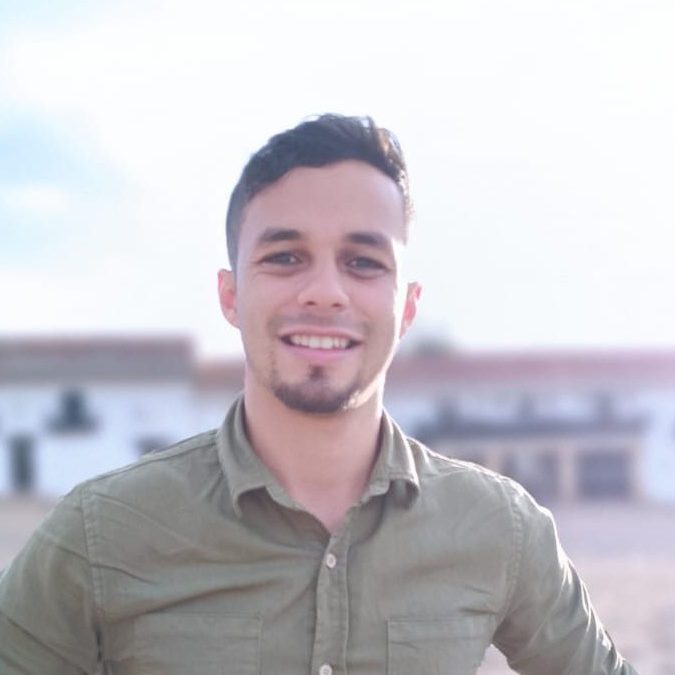
Javier Márquez
Javier Márquez is Writer & Communication Coordinator for Mosaico Colombia. He is an Anabaptist Colombian pacifist and poet. He is based in Bogota, Colombia.

